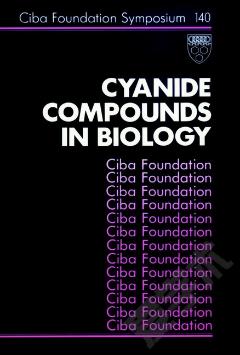The Enzymes in Synthesis of Chiral Bioactive Compounds
The administration of chiral compounds in an enantiomerically pure form, instead of racemic mixtures, become an important issue especially in the pharmaceutical and agrochemical industries due to the well established correlation between the biological activity and stereochemistry. Pure enantiomers could be formed by the asymmetric synthesis and /or the resolution of racemates. This could be achieved by the use of enzymes as chiral catalysts. The advantages of enzymes are their high stereo- (chiral), regio- (positional) and chemo- (functional group specific) selectivity. This selectivity offers several benefits like high catalytic efficiency, preservation of asymmetric centres, single step transformations, easier separation, mild operating conditions and fewer environmental problems. The organic reactions that are catalyzed by enzymes to give chiral bioactive organic compounds include, for example, reduction (e.g. by dehydrogenases, ketoreductases), oxidation (e.g. by monooxygenases, dioxygenases), hydrolytic (e.g. by lipases, esterases) reactions.
{{comment.content}}








 京公网安备 11010802027623号
京公网安备 11010802027623号